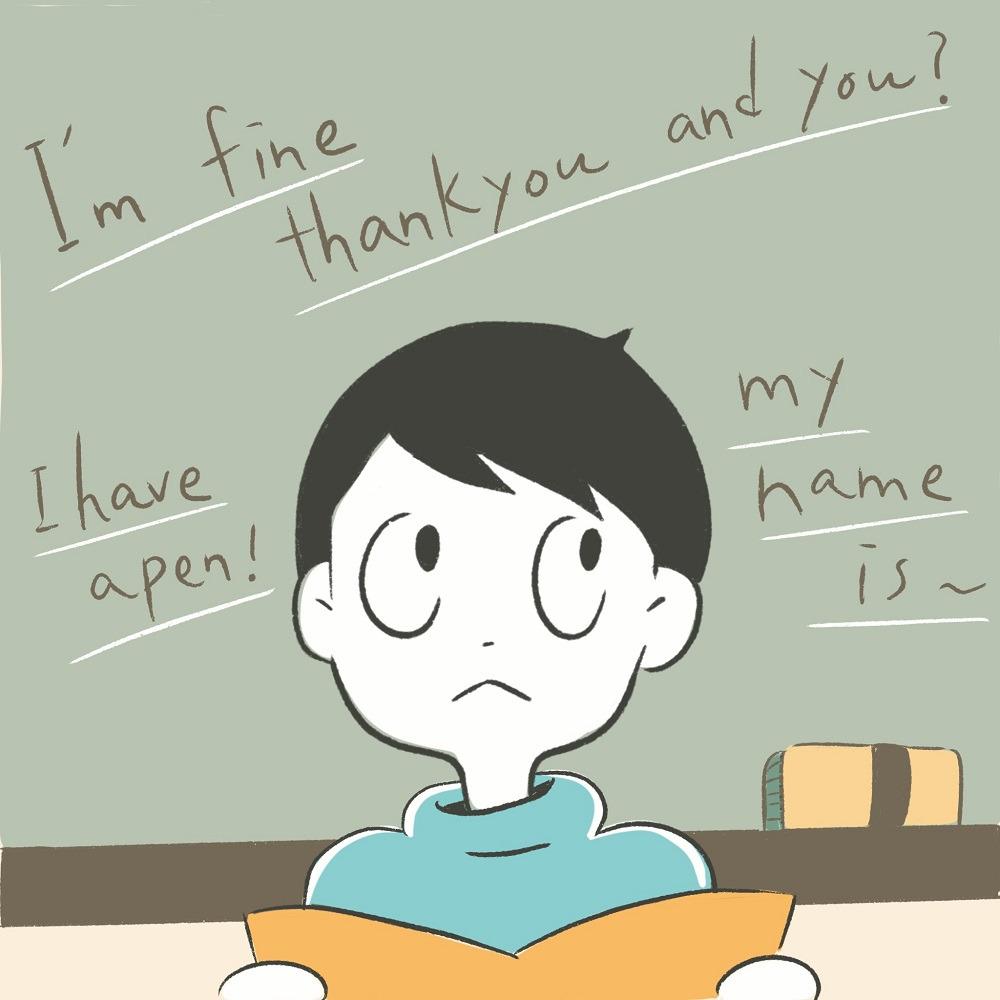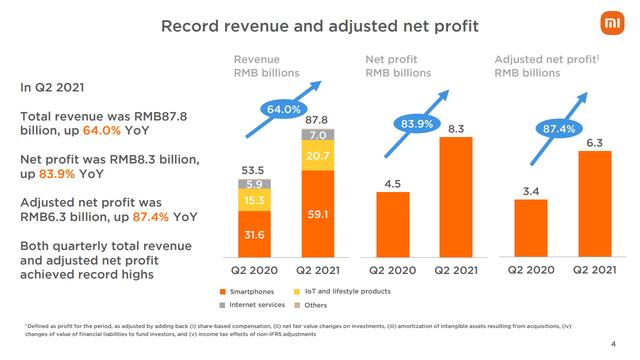Recently, there are too many things I can't remember ...
Forget to live.Account number, the name of the person who was the other day, the place where the keys and wallets were placed, friends as a child, character of TV programs, jokes of inner circles, past ambitions, history ...I will forget it immediately.But why do you forget like this?I asked the teachers of neurology and psychology.
Depending on the location of the brain, the memory decline or interference occurs
Associate Professor TALYA SADEH Negev Ben -Grion University Brain / Cognitive Science Professor, Memory / Oblivion Lab
How do you forget what you once learned?In this regard, scientists have thought that there are two possibilities.The first is that forgetting is the same as the color fades.The memory also declines over time.The second is that similar memories interfere.To put it simply, if you meet the first person on the same day, you will forget some of them.Because the memory of the face is messed up.
Recent scientific evidence shows that forgetting is due to the decline of memory or interference depending on the brain where the memory is supported.The hippocampus, which is an important structure of memory, has the specific properties that can distinguish similar memories.So, the memory of the hippocampus is not interfered with other memories.But the decline of memory occurs immediately.In addition, the olfactory cortex, which is another part that supports the memory, has no ability to distinguish similar memories.Therefore, the memories of files here are mixed with other memories.
The reason for forgeting is probably the interference of memory
NICOLE LONG University of Virginia Psychology Professor, Long -term Memory Lab Representative
The reason why a certain experience is remained in the memory, and it is always being studied in psychology, cognitive, and neurology.There are several reasons to forget the experience.
Immediately after being introduced and greeting someone, you often forget that person's name.These types are almost careless.We are too used to the "procedure" of the referral, so when the referral begins, the switch will turn off or be careful even if you say the name.So, if you ask the name of the first -time person, if you repeat the name as soon as you meet, you can be careful and you can remember it later.
So why do you forget the place where you parked?The reason is probably the interference of memory.If you go to your usual parking lot every day and park your car, the space that is vacant will differ depending on the day.The brain creates a "association" between a car and a place.Considering the car, the brain pulls out the memories of the connection with the past place.After that, choose the right one from the memories of the past that have been pulled out.This process is very difficult, and if you don't remember the place where you first parked the car, you would forget it as in the name of the first person's name.If you do not "associate" first, you will not be pulled out of your memory.
Finally, why do you forget what you knew in the past?For example, I can't remember what I learned for a test in elementary school.Is the original memory lost, or just can't reach that memory?You may have forgotten the teacher in the fourth grade of elementary school, but you may remember when you actually visit elementary school.Sometimes there is a memory somewhere in the brain, but the information to get to it is not used well.
I think it would be nice to be able to remember all life experience one by one, but according to research, it is actually useful to forget it.For example, suppose that the parking lot that was always parked has been rebuilt to a high -rise multi -story parking lot.Then, the associations of cars and places so far are no longer necessary, and the past association only gets in the way of associated work between cars and new places.So the act of forgetting is also a good thing that gives us flexibility.
The key is how the memory system works
Lila Davachi University of New York University Psychology Professor, Davachi Memory Lab representative
I think why forgetting is a wrong question.The only answer to this question is, "Why do you remember?"If you can understand all of why you remember, you can understand how to forget it.
But let's start with the fact that forgetting is one of the most effective memories.We forget most of what happens every day.Forgeting is pretty easy.I forget location, object, color, sound, name, and various things.Sometimes you can't remember the whole day and years of memories.I wonder why?

I think the key must be how the memory system works.I think that forgetting is adaptability.There are many editorials that it is good to forget, but the brain does not have enough space to remember all experiences, so I will save only the most important and what I need in the future.Isn't it?This gives an explanation that emotional events are more memorable than ordinary events.Remembering these events can be used to go in a useful direction in the future, and to avoid dangerous places.
Suppose you have enough space in your brain to remember everything.Does it make sense to remember everything?Is it necessary to remember everything I wrote on the shopping list yesterday?What was 30 days ago?We experience various things every day, but those that are not important in the latest are the brains abandoned.
Being able to keep the brain for a long time is an experience of repeating the same thing over and over again.You can remember the first employment, the way to the university, or the inside of the house where you lived as a child.Tens of times, hundreds of times, the brain can easily pull out the memory.So why do you lose your rare memories quickly?The question will return to what you said first ...
New information is interfering with past experiences
JASON OZUBKO New York State University Psychology Professor
The main reason why you forget it is the phenomenon that new information interferes with past experience.
For example, let's say the first episode of your favorite TV program.Before the broadcast is over, I remember a lot of what happened in the program, but as soon as I finished watching it, the memory of the first episode decreases.This is because when the brain encodens the second episode, it overlaps to the first episode and causes interference.
If the brain has new information, it tries to cover it on old information.This is efficient, and if you try to read a new experience into an old one, you will inevitably put new information on old information.However, it also happens that you forget the coated old information.
Repeated practice is an important factor in all.This is related to why you forget what you remembered, what you could forget, and how well you practiced.For example, let's say you watch the first episode five times in a row before watching the second episode.Then my memory becomes stronger.
Forgetting is not always bad.We have something we want to forget.One study has proved that humans can intentionally forget what they do not need, without repeated practice.If you experience something you don't want to remember, if you don't think about it, you won't have to practice repeatedly, so you'll gradually forget to interfere with other information.
Failed to access the memory
Eda Mizrak University Dynamic Memory Lab Dr. Lab
One of the reasons for forgetting is that you try to access that information from your memory and fail. For example, I want to remember an email password but I can't access it. In that case, give a "password" instruction from your memory. This will start searching not only the target information (correct password) but also the information that is different from the goal, for example, an old password. In this way, some password candidates will be raised in the search process. You have to choose one of them. In the selection process, password candidates start competing. And finally one is selected. If this was not the right candidate, you failed to withdraw the goal information. "Do you forget your password?"
Such a drawer fails happen because the information you want to pull out is interfering with other information.This is especially what happens when you reset your password to a new one.The instructions of passwords and old passwords have a stronger connection than the new password, so the old password emerges as a strong candidate.
In my research, I am investigating how emotional memory is interfered with compared to neutral memories.The mechanism of forgetting is similar to emotional and neutral memories, but it turns out that emotional memories have little interference and less forgetful.For example, emotional memories like the 2016 US presidential election are hard to forget.Because there is no other memory to compete.It may be impossible to create other competitive memories.
However, when I try to remember the place where I parked the car yesterday, I forgot.Hundreds of memories compete.In summary, forgetting means that it is caused by interference between memories, and if you have a unique memory, it will be hard to forget.
The information has declined or interfered with other memories
JERRY FISHER Nutre Dam Cognitive / Brain / Academic Graduate School
This question can be answered from a recognition or psychological perspective.First of all, I would like readers to keep in mind that forgetting can adapt.It is important to forget the unrelated information, otherwise the memory system will be clogged.
The awareness of forgetting is either the information has declined or interfered with other competing memories.
Regarding the hypothesis of interference, the researchers of memory are trying to separate whether they have memory or access.For example, in the former "Is it exist" in the former "existing", I went to a high school that I used to go to in the old days in the former "existing?"It is a situation where various memories suddenly revive after seeing the locker.From the viewpoint of interference, such old memories are buried somewhere and can be accessed again.
Physiologically, a phrase often used in synaptic plastic hypotheses, "If you ignite together, you will be connected together" will be a powerful explanation.Sinapse, which frequently comes with a strong signal in the neural circuit, is that the bonding is stronger, and forgetting is that the bond is weakened by the synaptic not much signal.Most new memories are thought to be files to the hippocampus.However, the information gradually moves to the cortical area.It is thought that the movement will be forgotten by the movement.
There are also patterns that disappear with stimuli and excitement
ADAM ZEMAN Exchange University Cognitive / Action Professor
There are many reasons why we forget.It is a good idea to think that one is in the "memory process" of recognition, memory formation, preservation, and recovery.This is a major reason for forgetting recognition failure.For example, let's say that you have been asked by a partner to ask for something.That's because I didn't hear it properly!This is also an explanation that you forget your daily mediocre things, such as brushing your teeth.
However, the formation of memory is a complicated process.It takes a second to how many seconds.The memory that occurs at short intervals changes the strength of the synaptic bond.And over time, the information moves in the brain.This process collapses dramatically because of hitting your head.It is easy to lose the "fragile" memory that happened just before hitting your head.Also, the memories of unbearable and unbounded experiences are naturally declined and easy to be forgotten than emotionally important memories.
However, it can be forgotten even with a strong binding memory.I have studied people who have epilepsy and lose memory, but in their case, the memory that occurs in epilepsy seizures seems to be erased.In general, we seem to lose our memories with transient.Because you don't know where the memory is.It fails to pull out.This can be overcome if you can find the right trigger or hand to raise your memory.Finally, we forget to forget it.It is an amazing phenomenon of instructions.There is a reason for that, but I forgot.
It was a similar answer to everyone.And I was a little relieved to say that forgotten was not a bad thing.









